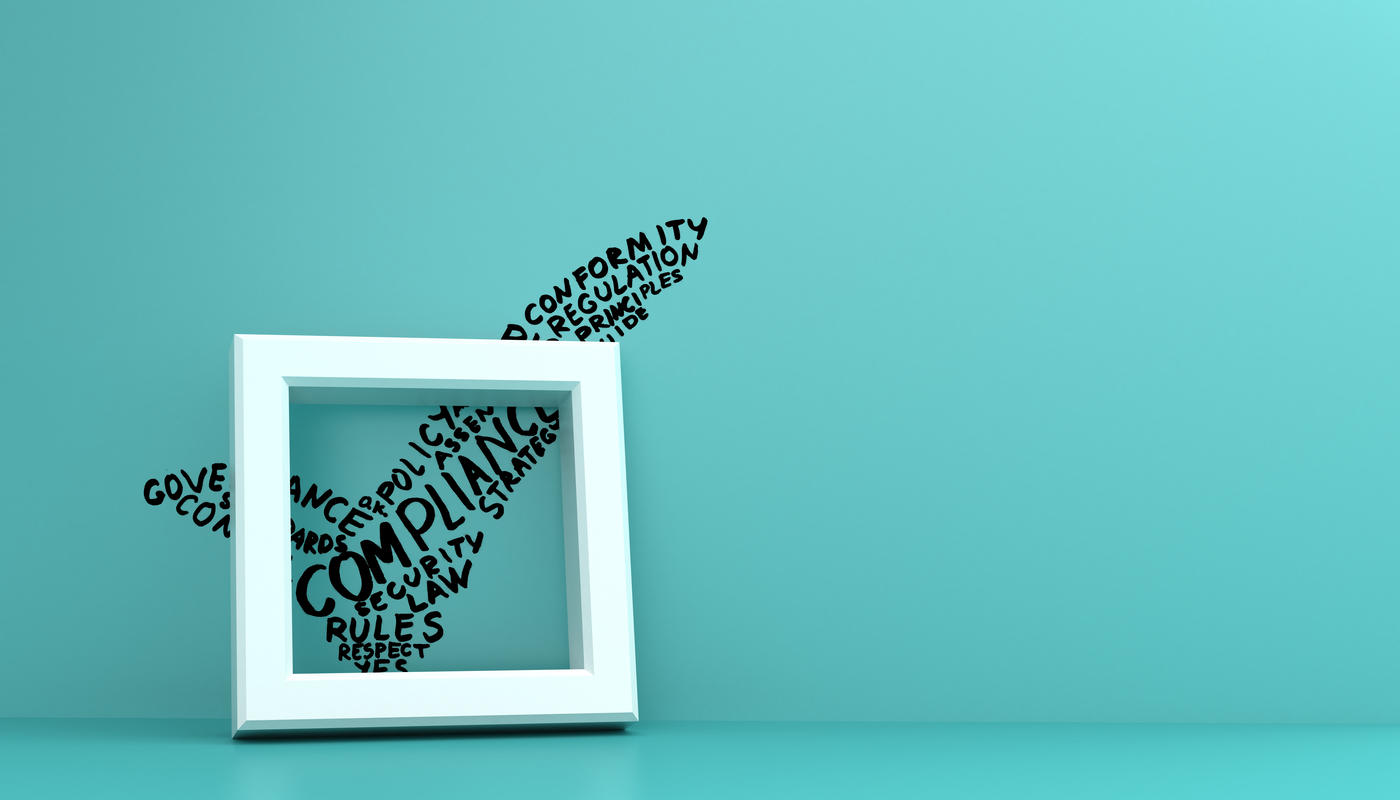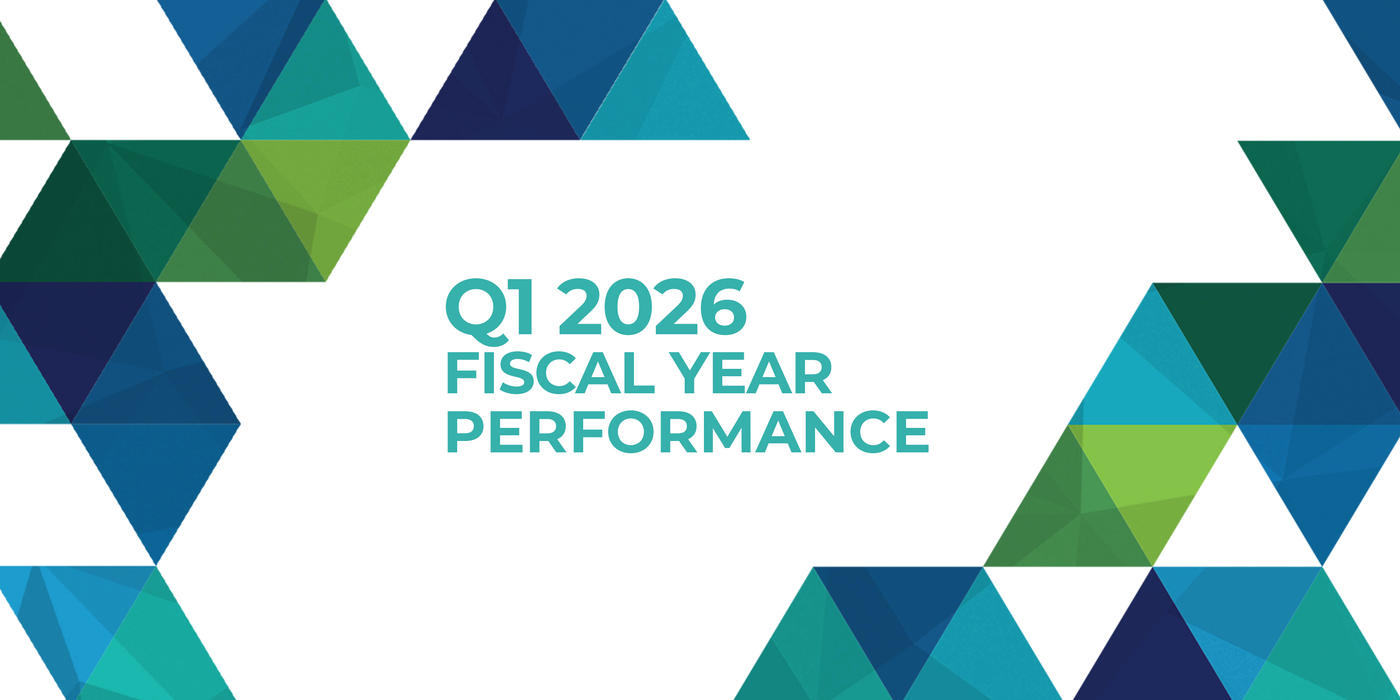As we have been acting in the collective best interest of the public to slow the spread of the novel coronavirus and reopen the economy — financial crimes have not slowed. In fact, criminals have taken every opportunity to fraudulently profit from the pandemic, exploiting the fear, social disruption and systemic vulnerability the crisis has engendered.
The ongoing public health emergency has driven a spike in cybercrime and financial fraud. While initially fueled by a shortage of critical goods such as hand sanitizers, personal protective equipment (PPE), ventilators and cleaning products, criminals have seized on opportunities created by relief efforts (e.g., stimulus funding, tax relief, stay at home orders) to capitalize on consumer behavior shifts (i.e. remote work, online spending, etc.) and target vastly under-resourced programs across financial institutions and government agencies. The latest schemes are far more complex and fighting fraud now requires the mastery of new tools and a deep understanding of emerging regulatory, legal and compliance challenges.
While jurisdictions across the globe face their own unique circumstances, in all cases, heightened vigilance is required to identify illicit economies in their early stages and combat them before their grip on mainstream commerce solidifies and creates lasting hardships for the most vulnerable. This challenge is complicated by the fact that, for the most advanced criminals, the dislocations of the crisis have created or revealed gaps in defenses that criminals seek to exploit.
For example, according to a recent Financial Action Task Force (FAFT) report , many human trafficking cases may go undetected during these uncertain times due to the suspension or reduced activity of government agencies (such as workplace inspectors and social and healthcare workers) that are typically involved in identifying victims and human trafficking cases. Furthermore, the FAFT report highlights that “the pandemic is impacting government and private sectors’ abilities to implement anti-money laundering and counter terrorist financing (AML/CFT) obligations, including supervision, regulation, policy reform, suspicious transaction reporting and international cooperation.” Because of this, new threats and vulnerabilities represent emerging money laundering and terrorist financing risks that must be properly mitigated.
Additionally, The Office of the Comptroller of the Currency reiterated its concerns for associated pandemic compliance risks and consequences stating that, “the pandemic could create challenges for financial institutions to abide by a host of policies, procedures and requirements ranging from data privacy and fair lending to efforts to combat money laundering.”
In the past several years, as a global community we’ve made tremendous progress in fighting financial crime, money laundering and terrorist financing. We cannot afford to regress at such a critical juncture. With the financial sector’s critical role in global economies and in the delivery and distribution of pandemic relief, we must redouble our efforts to ensure our infrastructure, compliance protocols and detection capabilities are sufficiently robust to ensure we can better identify the ‘movement of money’ to combat money laundering, human trafficking and other illicit activity.
At Adtalem, we empower individuals and the organizations they serve to create a more safe, equitable and just society. Through ACAMS, we support the largest international financial crime prevention community in the world. The work this community undertakes – on behalf of financial institutions, corporations, regulators and governments – has never been more critical than right now.
Last month, in unprecedented fashion, we united thousands of change-makers in a virtual event that transcended time zones for more than 24 hours —all with a mission of ensuring our members are equipped to operate in a rapidly evolving global landscape and will be prepared for a more digital financial services future in a post-pandemic world.
In the face of so much uncertainty, we look to the brightest minds with the best ideas to step forward and meet the challenges we are facing as a global society. The United Nations’ Secretary General Antonio Guterres may have summed it up best: It is an economic crisis. A social crisis. And a human crisis that is fast becoming a human rights crisis. When it comes to financial crimes and especially its ties to money laundering and human trafficking, now is not a time we can rest. I am confident in ACAMS’ ability to play a critical role in supporting the financial crime prevention community — that has and will continue to — protect society with urgency and foresight.



